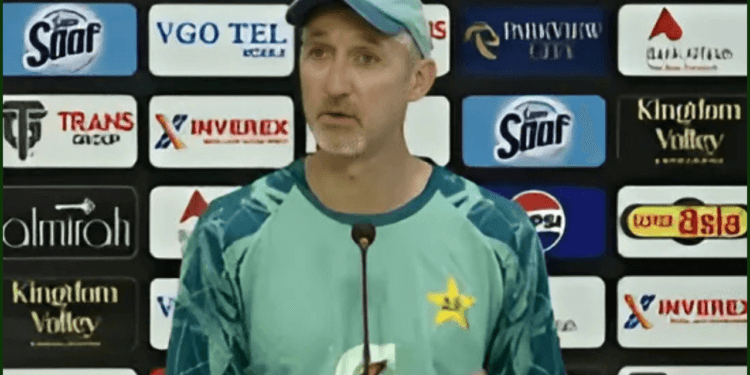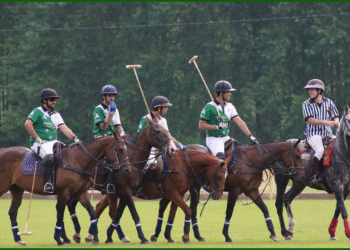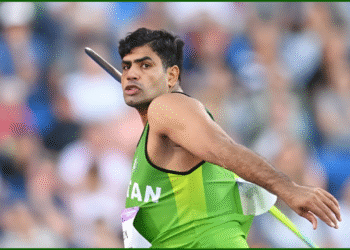In a brewing controversy, former Pakistan Test cricket head coach Jason Gillespie has publicly criticized the Pakistan Cricket Board (PCB) for allegedly failing to pay him for nine months of service. The Australian cricket legend, who served as head coach from April to December 2024, stepped down citing professional differences with the board. Now, months later, the unpaid dues have sparked a heated exchange between the two parties.
Gillespie, known for his fiery pace bowling during his playing career, expressed frustration in a recent interview. “I put my heart into coaching the Pakistan Test team, but I’m still waiting for the compensation owed to me. It’s disheartening, though I remain optimistic about a resolution,” he stated. Despite the financial disagreement, Gillespie emphasized his respect for Pakistan’s cricketing culture and its passionate fans.
This isn’t the first time Gillespie has voiced concerns about his tenure with the PCB. Previously, he hinted that the challenges he faced, including reported tensions with interim coach Aaqib Javed, left him reconsidering his future in full-time coaching. “The experience was tough, and it’s made me question whether I want to dive back into such roles,” he shared in an earlier discussion.
PCB’s Counterclaim
The PCB, however, has firmly denied Gillespie’s allegations, asserting that the issue stems from a breach of contract on his part. A spokesperson for the board clarified, “The claim of unpaid dues is baseless. Gillespie’s contract required a four-month notice period for resignation, which he did not fulfill.” The PCB insists that any pending payments are tied to Gillespie meeting these contractual terms.
The board further noted that discussions are ongoing with Gillespie’s representatives. “We’ve communicated to his agent that once the contractual obligations are addressed, any outstanding payments will be processed promptly,” the spokesperson added.
A Strained Relationship
Gillespie’s brief stint with Pakistan’s Test team was marked by promise but also challenges. Appointed to guide the side through a transitional phase, he faced difficulties aligning with the PCB’s vision, leading to his exit after just eight months. His accusations of being sidelined by interim coaching staff added fuel to the tensions, and the current financial dispute has only deepened the rift.
As the cricketing world watches, the resolution of this conflict remains_upperhandedly hinges on whether both parties can find common ground and settle the matter amicably. For now, the standoff serves as a reminder of the complexities of international coaching roles and the importance of clear contractual agreements.


















































